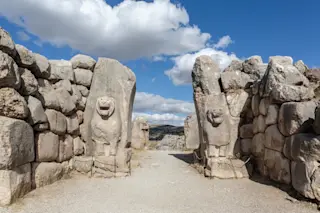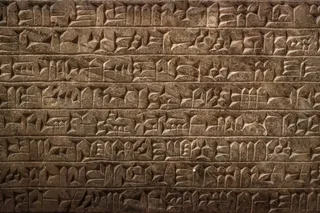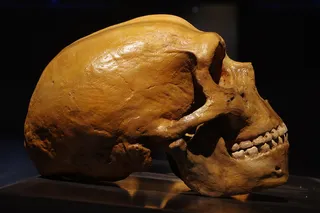An Indo-European language has resurfaced after a 2023 excavation in Turkiye (Turkey).
The UNESCO World Heritage Site of Boğazköy-Hattusha has been a treasure trove of archaeological artifacts. Once the capital of the Hittite Empire, a Bronze-Age superpower (1650 B.C.E. to 1200 B.C.E.), researchers have uncovered nearly 30,000 clay tablets that contained cuneiform writing.
While most of the writings were in Hittite, considered the oldest Indo-European language and the primary language of the area at that time, researchers noticed a previously unknown language inscribed within the clay.
While this new discovery is fascinating, according to Daniel Schwemer, a professor and head of the Chair of Ancient Near Eastern Studies at Julius-Maximilians-Universität (JMU) Würzburg in Germany, the discovery isn’t surprising.
"The Hittites were uniquely interested in recording rituals in foreign languages," Schwemer said in a press release.
According to Schwemer, the new language, written within a Hittite ritual text, originates from the ...















